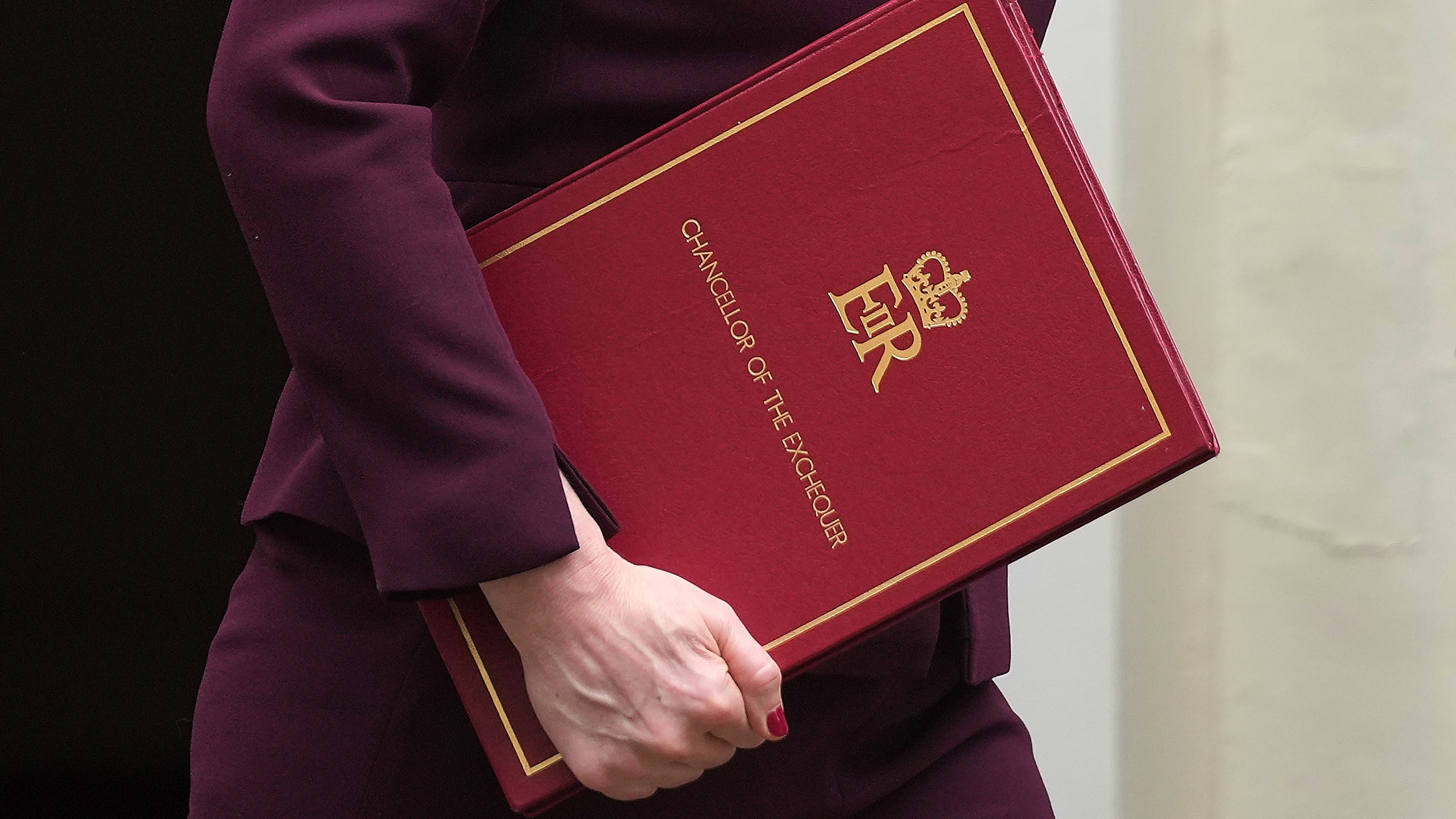With the completion of Project Spring, Vodafone (VOD) has finished its core restructuring. It successfully transitioned from one of the world’s largest wireless-only telecom firms to a diversified operator offering converged mobile and fixed-line services in most of its developed markets. We think this was an important transition, as Europe is rapidly moving into a converged world.
The acquisitions of Kabel Deutschland in Germany, Ono in Spain, and Cable & Wireless Worldwide in the United Kingdom provide Vodafone with some key fixed-line infrastructure in three of its biggest European markets. The firm has also laid significant amounts of its own fibre in Italy and has signed an agreement with Enel, the electric utility, to use its fibre in many other areas. Management has now moved to a second level of reorganization.
In the Netherlands, it completed the merger of its wireless business with Ziggo, Liberty Global’s Dutch cable business, in a 50/50 joint venture. Also, it has agreed to merge its Indian business with Idea Cellular, which will make it the largest wireless operator in India and provides significant cost savings. We think all these deals position Vodafone to compete more effectively. The company has also dramatically increased its enterprise business, which now accounts for 27.7% of revenue and tends to have long-term contracts.
A major focus of the increased capital expenditures was to improve the quality of Vodafone’s networks, whether fixed or wireless, enabling the firm to compete more on quality and less on price. Management believes customers who want the fastest and most reliable wireless network will be willing to pay a premium for that service.
We have seen most of the incumbent operators also increase their capital expenditures in order to keep up, but other operators have often not had the cash flow to keep pace, which is enabling a distinction in network quality and strengthens the moats of those that can improve their networks. We are beginning to see this strategy work, as many new customers are opting for higher-priced packages. We anticipate this will increase as quality becomes increasingly important with the growth of data usage.
What are Vodafone Shares Worth?
Beginning in April 2016, Vodafone began reporting results in euros rather than British pounds. We are maintaining our fair value estimate for Vodafone’s local shares at £2.40 per share, but are increasing it to $30.50 for the ADR from $30 due to recent recovery in the euro versus the dollar.
Our model is in euros, and we have now restated results for fiscal 2015 and 2016 in our model. We have removed Vodafone's Dutch business with the closing of its merger with Liberty Global on Dec. 31, 2016 and credited the firm with the value of its share of the joint venture.
We also removed India's operations with the firm agreeing to merge it with Idea Cellular and deconsolidating the business. Our restated financial statements also exclude these businesses. We expect that Vodafone's move to the euro as the reporting currency will reduce currency volatility, as more than half of its revenue is generated in euros, as opposed to just over 13% in British pounds.


























